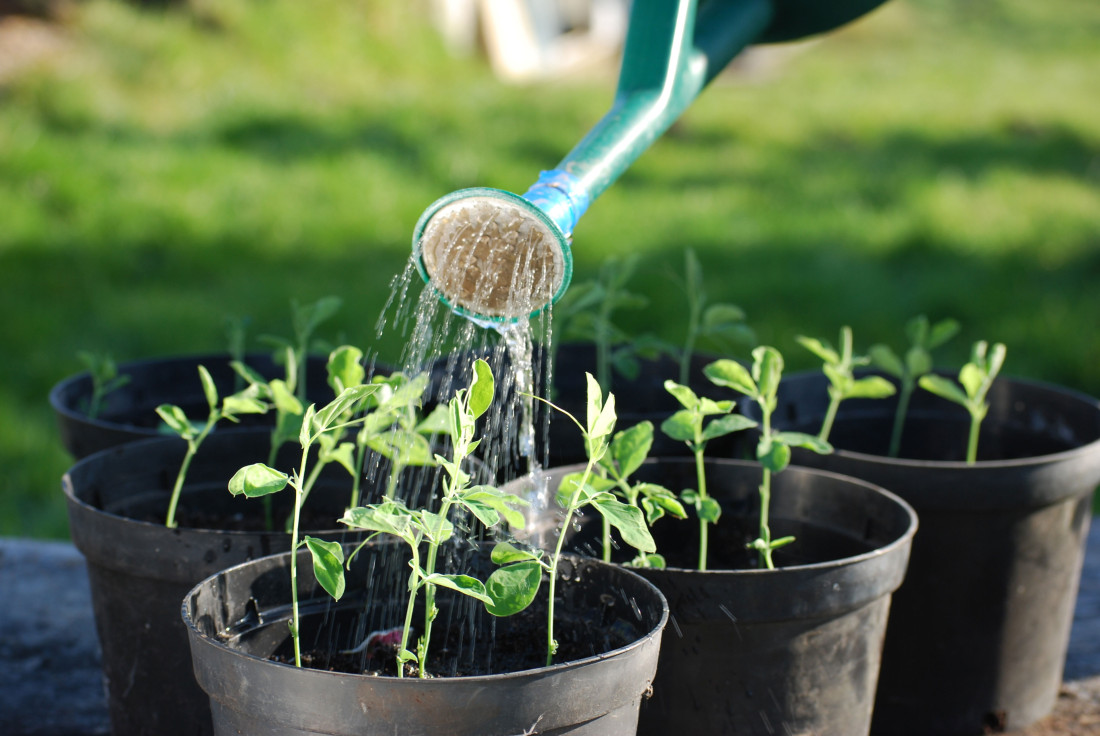
Organic Versus Local Food: Which is Best?
There’s always been debate around the nutritional value of organic food. In recent months, some studies have come out suggesting that organic food is no better than that which is conventionally grown. But there’s also plenty of information suggesting organic food is superior to conventional grown crops. So who do we believe? What is the truth?
When it comes to ‘organic’ I think it’s important that we remember what this term really means. Although I am a huge supporter for organic food, organic does not mean the food will be higher in nutrients. In order to be certified organic, the food must:
- Be non-GMO
- Grown with no synthetic chemicals or pesticides
- Grown in soil that has been free from synthetic chemicals and pesticide for a certain number of years (generally 3-5).
There are a few other requirements, but these tend to be the ones of main focus.
But what happens if proper crop rotations and farming practices are not used to ensure soil health? Or what if the food is harvested prematurely and not allowed to reach its full ripeness? The unfortunate fact is that inadequate crop rotations and harvesting procedures are a regular occurrence. Crops get their nutrients from the soil. So if the soil is unhealthy, the foods grown in that soil will also be depleted. When fruit and vegetables are picked from the vine too early, which is common practice for virtually all produce that must be imported from other countries to our local supermarkets, these items are not given the chance to develop their nutrient content adequately. It is quite possible to grow crops that fall within the definition of organic, but the farming practices may result in nutritional lower food.
Locally grown food, on the other hand, continues to grow, ripen and manufacture more nutrients for a longer duration before being picked. It simply does not have nearly as far to travel, so it is able to properly develop. Of course, just because something is local does not necessarily mean the farm is following organic standards, or farming practices.
You can see the dilemma we face.
Groups like the Environmental Working Group (EWG) help to make this confusion a bit easier. EWG analyzes pesticide residue testing data from the U.S. Department of Agriculture and Food and Drug Administration to come up with rankings for popular fresh produce items. They claim that if you select organic versions of the top 12 foods on the list, you can reduce your toxin exposure by up to 80%! This list is a fantastic resource to reference when local and organic is not an option.
The bottom line is that local food is typically significantly more nutrient-dense, but organic food guarantees the food to be ‘clean’ (meaning not GMO and covered with chemicals). I always recommend people purchase local and organic whenever possible, preferably directly from the farmer, as well. I’m afraid there is no simple answer to the debate of “organic versus local”. We must make sure we understand what these terms really mean and make choices that we feel are in the best interest of our health.


